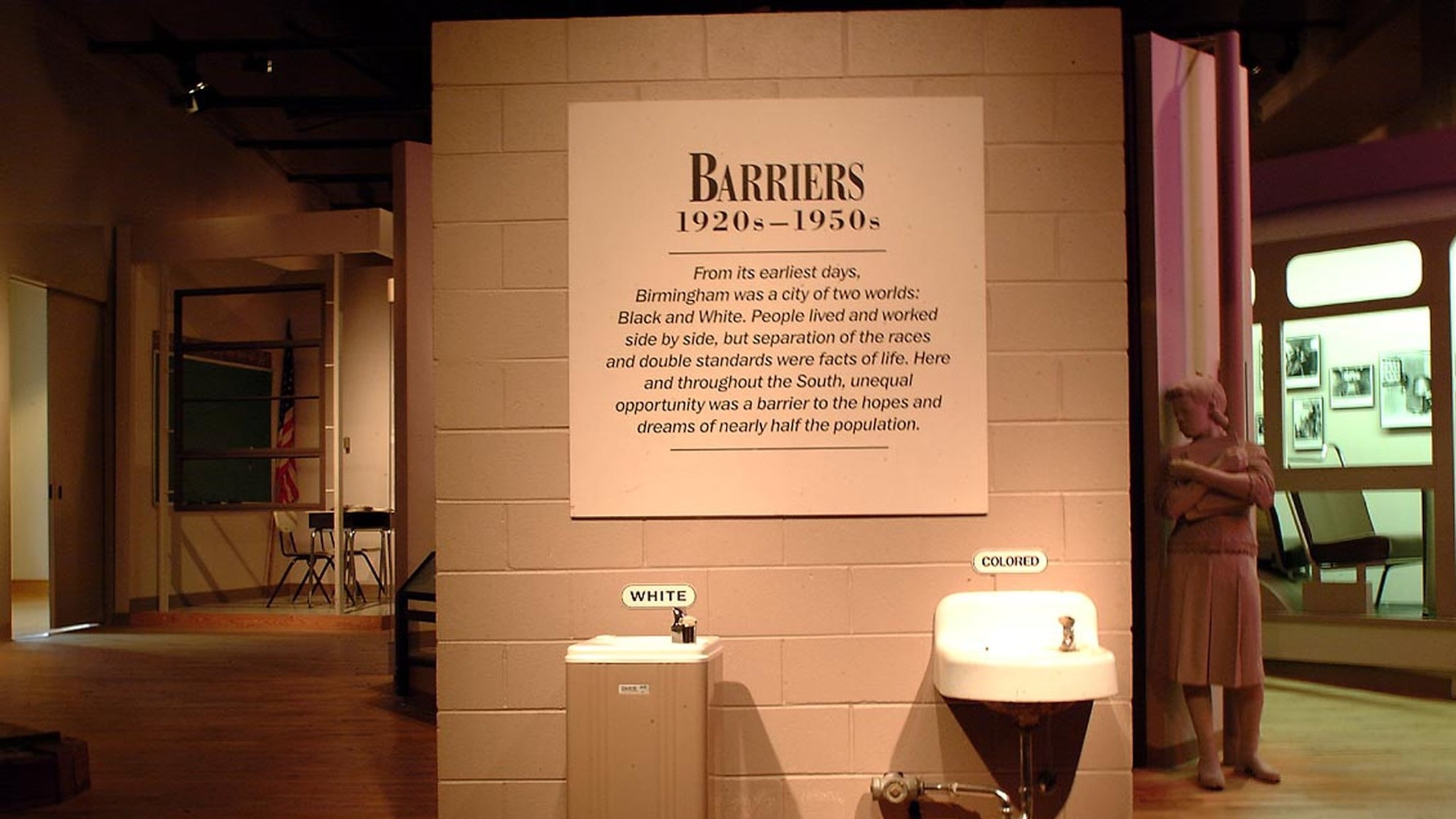Why I needed to write about race and religion

As a Mississippi native who grew up in the ’50s and ‘60s, I’ve long had a heightened sense of race and racism, keenly aware that there were those who, because of my dark skin, saw me as other.
In my hometown of McComb, color lines were clearly drawn and bombings in the African American community were a near constant, so much so that in 1964 it was deemed the “Bomb Capital of the World.”

I was just 7 years old that year, but I remember those dark nights, the segregated schools, drinking fountains, parks and waiting rooms at the doctor’s office, one black, one white, like yesterday. And in 1971, when schools were forced to integrate, I remember the long bus ride across town to the white school and watching my mother, long dead now, as we passed her walking the same distance to the house where she cleaned and took care of white children. And I remember the night I proudly stood in a receiving line after being inducted into the Phi Theta Kappa honor society at Southwest Junior College and smiling when a man asked me, the only black there, “How did you get in this?”
THIS LIFE: RACE AND RELIGION
This is the introductory installment of a five-part series analyzing race and religion by AJC columnist Gracie Bonds Staples. Come back Friday for Part I: examining the church's role in perpetuating racism
I smiled then as I smile now remembering him.
My parents had no more than a sixth grade education, but the love they gave me, the faith they passed on, had been drilled so deep inside that neither the misery of growing up poor and black in Mississippi nor the bigotry that had robbed his very soul could steal from me the magnificence of that moment.
Not only was I the first one in my family to attend college, but I also was the first African American to be inducted into Phi Theta Kappa on that campus.
>> RELATED: When is ‘routine’ really just an excuse for denying dignity of others?
Even at 19, I realized I lived in a society whose very structure privileged some and marginalized others, but I was pretty sure that I was a human being with a brain and blood and breath and I had no intentions of buying into the limits he or anyone else placed on me. I would not play the victim.
But for Sunday, it hasn’t been easy. Sundays have always been my liberation day, faith in God my strong tower.
Just as white slave owners used Scripture to justify slavery and perpetuate racism, it has been Scripture that has kept me sane, given me hope that things will get better, by and by.

Like many in the country, I believed the election of Barack Obama signaled once and for all a new day in our country’s race relations. As time passed, however, something began to shift inside of me and has been building ever since.
I brushed it off when Sen. Mitch McConnell declared his No. 1 priority was to make sure “Obama’s a one-term president” and when Rep. Joe Wilson shouted “You lie!” as Obama outlined his proposal for reforming health care.

I flinched at every shooting of unarmed black men and shook my head when critics of the Black Lives Matter movement pretended the very name denied the humanity of whites. And last year when whites started calling the police on blacks for just being present in Starbucks or their apartment or the common areas of their college dorms, I couldn’t help crying.
In any one of those instances, it could have been me, my husband, my daughters, my brothers, my nieces and nephews.
I wondered where was God because I knew in my heart of hearts all he had to do was will it and it could all change, we could all change.
>> RELATED: Special gift a reminder that God is with us
As a journalist, it was not unusual for me to mine the news and even my own life for stories.
And so I found myself weighing in on race-based events as they happened, but it didn’t seem enough. It was too reactionary. I began thinking about our long relationship with racism and how that fit into my faith, this thing that literally held my entire being together, that taught me to love even my enemies.
Was there a way to somehow connect the two in a way that would be healing and cause us to finally love one another?

First John 3:16 says that “Hereby perceive we the love of God, because he laid down his life for us: and we ought to lay down our lives for the brethren.” I always took that to mean not just physical death but sacrificing even my will, my rights and privileges for the sake of others, and to look, without flinching, at what God wants in a just society.
After months of vacillating between yes and no, I told myself maybe.
I found people who have been wrestling with this issue a lot longer than I, who welcomed the opportunity to share their thoughts, and yes, prayers for our nation.
You’ll find what they had to say in Race and Religion, a five-part series examining racism from a spiritual perspective.
THE SERIES
Part 1: The church's role in perpetuating racism
Part 2: The Rev. Raphael Warnock on how racism continues to reinvent itself
Part 3: Racism: Stupidity, stoicism or sin?
Part 4: One man's journey from indifference to enlightenment
Part 5: Reimagining the future
To read all of the series, go online to www.ajc.com/staff/gracie-bonds-staples/.



